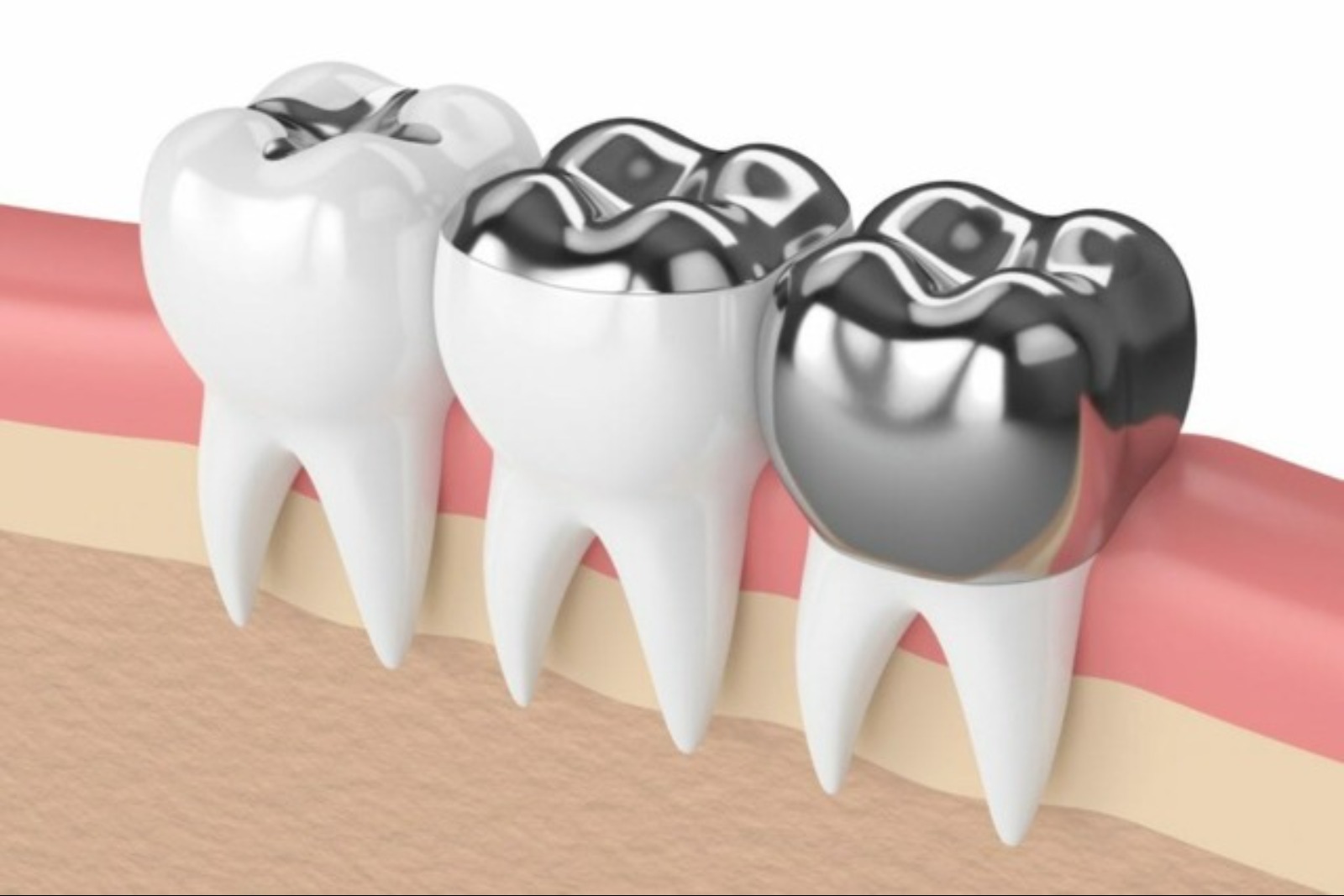
Do you have a broken or damaged tooth? Dental crowns in West Edmonton can come to the rescue! Did you know that more than 15 million people have a dental crown or bridge in North America alone? With dental crowns near you gaining popularity, you may want to learn more about them. In this article, our team at All Smiles Dentistry busts open some myths about dental crowns so that you can determine if these innovative restorations are right for you.
1. Dental Crowns Can Restore Broken, Damaged, or Decayed Teeth: FACT
The central role of dental crowns is to restore cracked, damaged, or broken teeth. A dental crown, otherwise known as a dental cap, is a form of dental restoration that works to cover a tooth that is severely decayed or damaged. It can be placed directly over a prepared tooth by a dentist near you, or it can be placed over an implant post.
2. Dental Crowns Protect You From Getting Cavities: MYTH
While a lot of individuals believe that dental crowns can protect them from cavities, this is unfortunately not the case. In reality, if your dental crown is only placed over a natural tooth and not an implant post, then you can develop a cavity underneath it. That is why our dentist in West Edmonton suggests that you visit a dentist at least once every six months for a professional dental cleaning and checkup and maintain an excellent oral hygiene routine of brushing and flossing at home.
3. Dental Crowns Do Not Respond to Whitening: FACT
Since dental crowns are made of inorganic materials, they do not respond to teeth whitening the same way natural teeth do. If you plan to have your teeth whitened, then it is a good idea to undergo this process before getting a dental crown. That way, your smile will remain even, sparkly, and shining.
4. Dental Crowns Look Unnatural: MYTH
Although many people think that dental crowns won’t look the same as their natural teeth, this is not true. While some dental crowns can stick out in a smile, other dental crowns that are made of porcelain can be custom-made to match your surrounding natural teeth. Due to the translucent nature of porcelain and the impressions used to fabricate the dental crown, they can look and function like and feel like natural teeth.
5. Dental Crowns Can Change Color Overtime: FACT
Depending on the type of dental crown, this can in fact, happen. For instance, porcelain-fused-to-metal crowns can turn grayish over time due to the metal in them. On the other hand, porcelain and zirconia crowns are very resistant to stains, but habits such as coffee drinking or smoking can stain their surface.
Whether or not your dental crown will change color also depends on the quality of your crown. An older crown may not have been created from the same high-quality materials used nowadays, and it can start to look worn out with age.
Visit All Smiles Dentistry
If you would like to learn more about dental crowns, then please visit our team of dedicated dental professionals at All Smiles Dentistry. We are happy to assist you and help you to maintain a radiant smile for years to come.